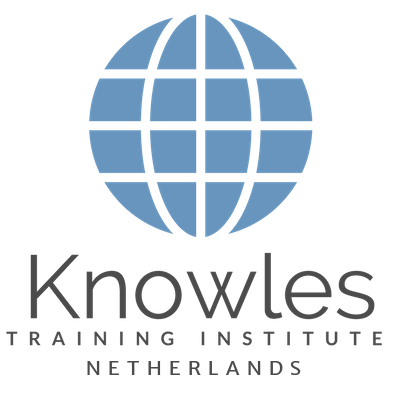Skip to content
AssociationIntern1bksiuevej76kHhK2023-07-18T17:56:17+08:00
Association
Associative Mastery: 10 Strategies to Enhance Learning and Recall
- Linking: Establish meaningful connections between new information and existing knowledge by identifying similarities, patterns, or relationships. Linking strengthens memory retrieval by leveraging interconnected associations.
- Visual Mind Maps: Harness the power of visual thinking by creating mind maps that visually represent the connections and associations between different concepts. Visual mind maps enhance understanding, aid in memory consolidation, and promote effective recall.
- Chunking: Break down complex information into smaller, manageable chunks. Grouping related pieces of information together facilitates comprehension and strengthens memory associations.
- Analogical Thinking: Use analogies to relate unfamiliar concepts to familiar ones. Analogical thinking promotes deeper understanding and facilitates memory retrieval by establishing relatable connections.
- Storytelling Techniques: Construct narratives or stories that incorporate the information you want to remember. Storytelling provides a narrative structure and context that aids in memory encoding and recall.
- Mnemonic Devices: Utilize mnemonic techniques, such as acronyms, acrostics, or visualization, to create memorable associations between the information and easily recallable cues. Mnemonics enhance memory retention and retrieval.
- Contextual Anchoring: Embed the information within a specific context or real-life scenario. Linking the material to relevant experiences or situations strengthens memory connections and facilitates retrieval.
- Multi-Sensory Integration: Engage multiple senses while learning and encoding information. Incorporating visual, auditory, kinesthetic, or olfactory experiences creates a rich network of associations, enhancing memory performance.
- Active Review and Reflection: Regularly review and reflect on the material to reinforce associations and consolidate memory. Actively engaging with the information promotes deeper processing and improves long-term retention.
- Self-Generated Associations: Create personal associations or mental cues that have personal significance to you. Forming unique connections based on personal experiences or preferences enhances memory encoding and recall.
Page load link


